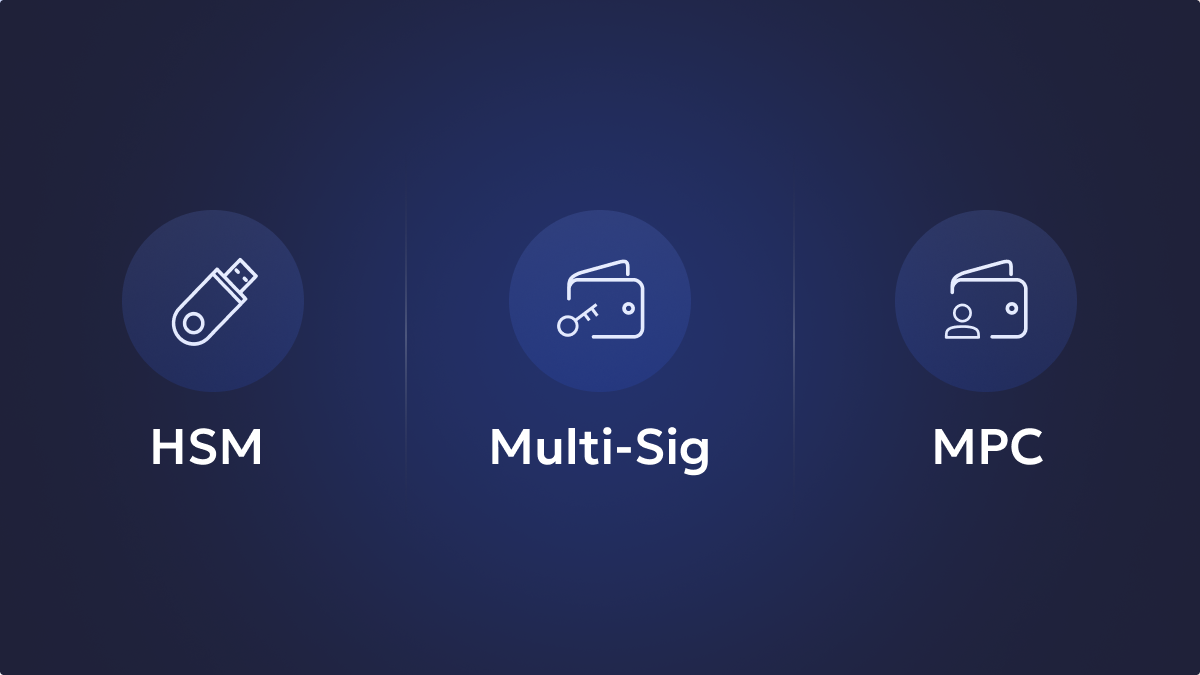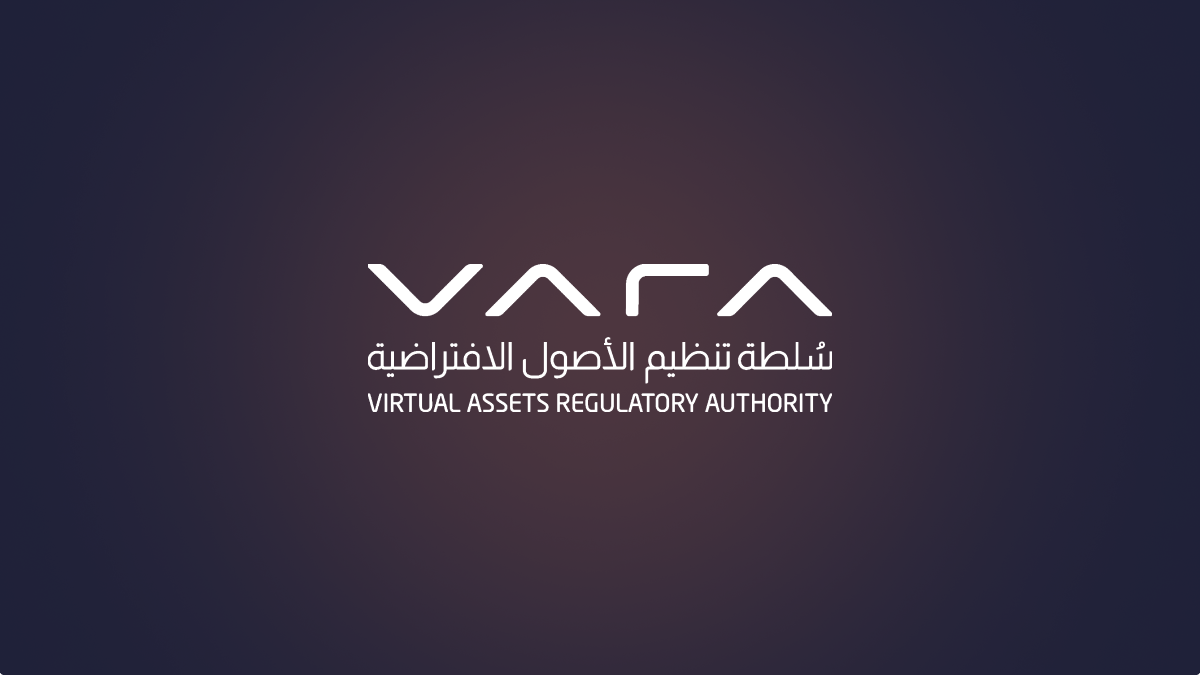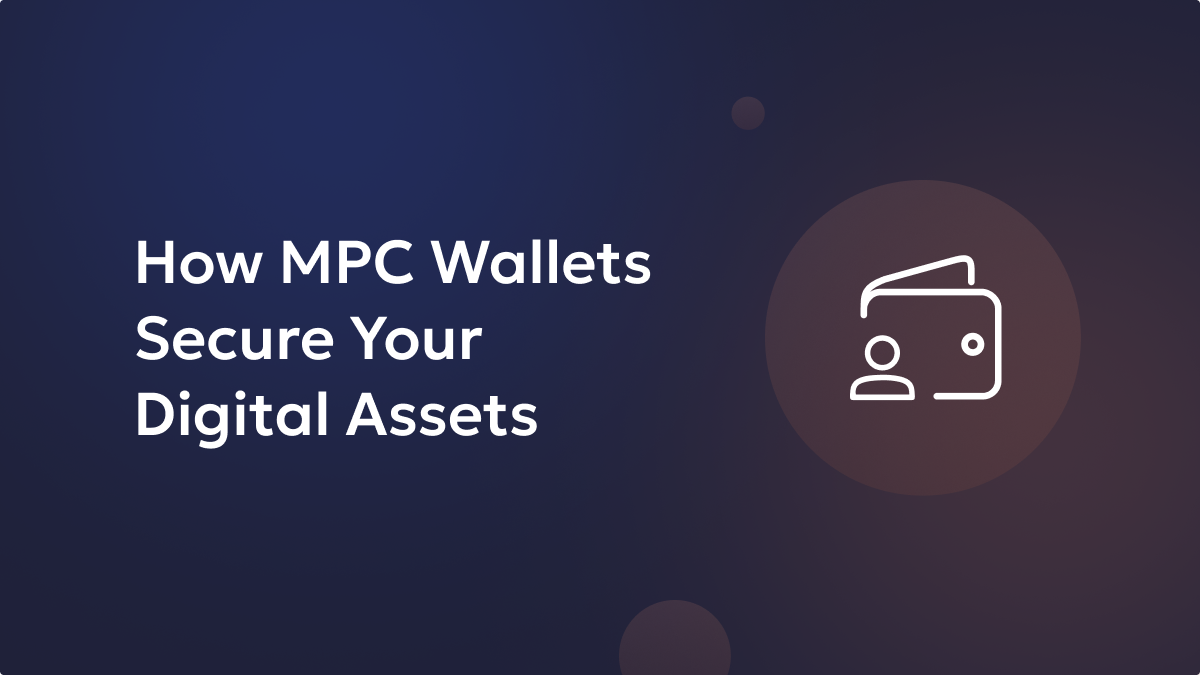Finance is an essential part of trade and commerce globally and refers to the creation, management, and flow of money and other assets — often facilitated by third parties like banks and other institutions. Broadly referred to as TradFi — short for Traditional Finance, the mainstream financial ecosystem is highly centralized with stringent regulatory overheads and multiple intermediaries. As a result, there is an increased dependency on these institutions for access to financial services, which neither come cheap nor available to everyone.
With the emergence of blockchain technology and its myriad of applications, Decentralized Finance or DeFi comes as the most viable alternative to traditional financial products and services. Driven by smart contracts on a blockchain protocol, DeFi solutions offer almost all the available financial products and services in a decentralized setting without intermediaries, and users maintain complete control over their funds.
The Evolution of DeFi
The introduction of Bitcoin, with its underlying decentralized ledger technology called the blockchain, offered, for the first time the ability to store value and conduct peer-to-peer transactions without any intermediaries. It was soon followed by Ethereum with its programmable blockchain that made the implementation of smart contracts possible. These smart contracts, with self-executing lines of code, enabled the automation of various processes and transactions on blockchain leading to the creation of decentralized applications (dApps). A collection of dApps offering financial products and services on blockchain paved the way for an entirely new segment that we know today as DeFi.
Unlock the potential of digital assets for your institution
Since Ethereum, multiple blockchain protocols with smart contract capabilities have cropped up, each with its own advantages to further expand the DeFi space.
Smart Contracts — DeFi’s Foundation and The Use Cases They Spawn
The development and deployment of smart contracts on the likes of the Ethereum Virtual Machine make autonomous execution of complex financial transactions possible on DeFi-based dApps. Many of these smart contracts perform functions that are like those on TradFi to a great extent in a much faster and cheaper way. It has enabled the development of innovative financial solutions like decentralized lending, borrowing, liquidity provisioning, staking, farming, and others, each offering an opportunity to invest and earn returns.
As blockchain-based solutions, the financial products and services offered by DeFi protocols operate with crypto assets. Today, a huge number of DeFi solutions spread across a variety of blockchain protocols offer plenty of opportunities for crypto asset holders to access decentralized financial services, irrespective of their geographical location, credit history, etc. By lowering the barrier to entry for financial services, DeFi makes it possible for anyone with an internet connection to join the revolution.
Secure and manage your digital assets with Liminal
Powered by People and Crypto Assets
DeFi ecosystems are completely driven by participants who always maintain complete control of their funds. Further, all operations on a DeFi protocol are dependent on the level of participation and liquidity provisioning by the community, who, in return, earn rewards in the form of interest and a share in the protocol fees.
The prevalence of high liquidity provided by the community, lack of intermediaries and universal accessibility make it easier for the users to secure credit and earn returns across multiple instruments on DeFi protocols. This true democratization of finance with DeFi has the potential to address prevalent shortcomings like limited accessibility, higher costs, and restricted access to credit which continue to affect a significant population size.
Disrupting Finance
As an efficient alternative to TradFi, the DeFi ecosystem has gained the attention of the masses. The DeFi ecosystem has successfully emulated traditional financial instruments at a fraction of the cost while offering better returns to participants. Additionally, the transparency of operations offered by underlying blockchain technology and control over funds effectively resting in the hands of its owners have made institutions rethink their TradFi models. In fact, many institutional investors and mainstream financial operators are increasingly exploring opportunities to involve themselves in the DeFi revolution, making the effectiveness of DeFi in disrupting conventional financial structures an open secret.
Learn more about Liminal here.
Become #LiminalSecure today, and do not forget to follow our blog and social media channels to keep yourself updated.






